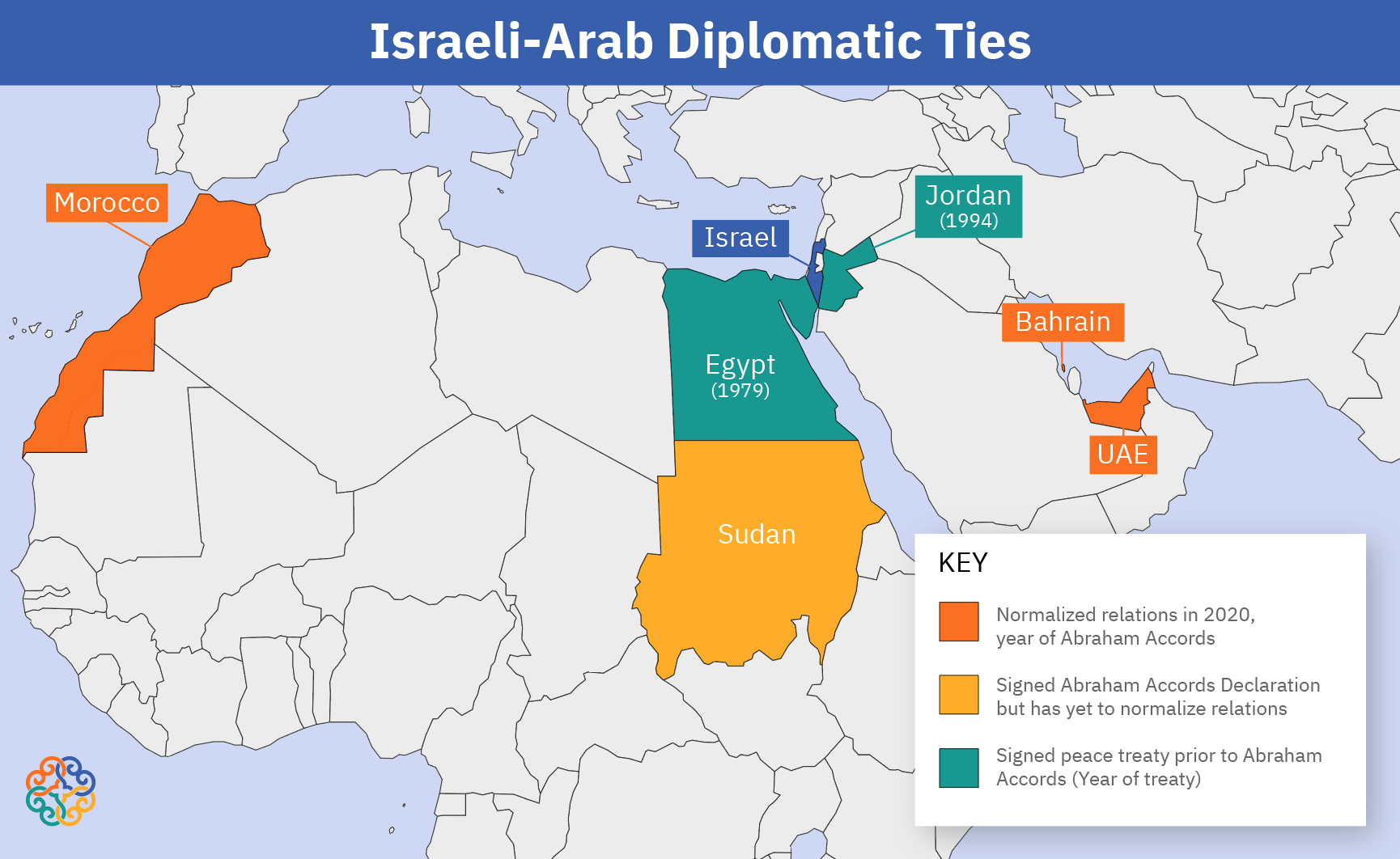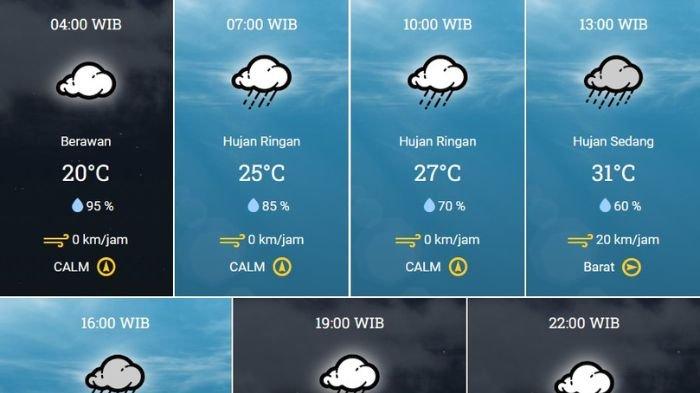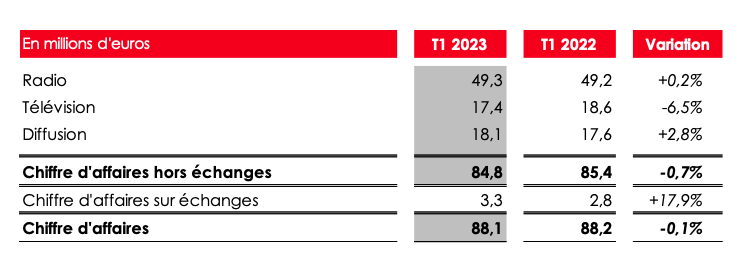Indonesia Weighs Diplomatic Ties With Israel: Palestine A Prerequisite

Table of Contents
Indonesia's Stance on Palestine: A Cornerstone of Foreign Policy
Indonesia's unwavering support for the Palestinian cause is deeply rooted in its national identity and its prominent role as a leader within the Organization of Islamic Cooperation (OIC). The pursuit of a sovereign Palestinian state based on the two-state solution, encompassing the West Bank and Gaza Strip, is not merely a foreign policy objective; it's a moral imperative deeply embedded within Indonesian society.
- Historical and Ongoing Support: Indonesia's commitment to Palestine is evident in its consistent humanitarian aid, active political advocacy at international forums like the United Nations, and its repeated condemnation of Israeli actions deemed detrimental to the Palestinian people. This support transcends political rhetoric; it's ingrained in the national consciousness.
- Strong Public Opinion: Public opinion in Indonesia overwhelmingly favors the Palestinian cause. Any move towards normalization with Israel without significant progress on the Palestinian issue would likely face significant domestic opposition and could potentially destabilize the political landscape. The strong pro-Palestinian sentiment makes any shift in policy a high-stakes gamble.
Economic Opportunities vs. Moral Considerations: The Balancing Act
The potential establishment of diplomatic ties with Israel presents Indonesia with a complex balancing act between significant economic opportunities and deeply held moral obligations.
- Potential Economic Advantages: Establishing relations could unlock considerable economic benefits, including increased trade volume, enhanced technological collaboration, and potential foreign direct investment. Israel's technological prowess, particularly in agriculture and technology, could significantly boost Indonesia's development goals.
- Moral and Reputational Risks: Conversely, normalizing relations without addressing the Palestinian issue could damage Indonesia's reputation within the Muslim world and among its own population. The potential backlash from civil society groups and international organizations critical of Israeli policies could outweigh any perceived economic gains.
- The Ethical Dilemma: The central question boils down to this: Can Indonesia reconcile its pursuit of economic advancement with its commitment to Palestinian rights and the principles of justice and self-determination? This is the core ethical dilemma at the heart of the debate.
Regional Dynamics and International Pressure: Navigating a Complex Landscape
Indonesia's decision regarding diplomatic ties with Israel will undoubtedly have significant ramifications for regional stability in Southeast Asia and the broader Middle East.
- Regional Stability: The move could impact Indonesia's relationships with other nations in the region, particularly those with strong pro-Palestinian stances. A perceived shift in Indonesia's stance might strain existing alliances and create new geopolitical complexities.
- International Pressure: International actors, particularly the United States, which has historically advocated for closer ties between Arab nations and Israel, may exert pressure on Indonesia to normalize relations. However, this pressure must be weighed against the potential negative consequences of ignoring domestic and regional sensitivities.
- Geopolitical Implications: Indonesia's decision could influence the broader Arab-Israeli conflict, potentially setting a precedent for other nations in the region considering normalization with Israel. The long-term geopolitical consequences are vast and require careful consideration.
The Role of the Palestinian Authority in the Equation
The establishment of full diplomatic ties between Indonesia and Israel is intrinsically linked to the progress made towards a viable Palestinian state. The Palestinian Authority's role in this equation is paramount.
- Roadmap to Palestinian Statehood: A tangible roadmap towards a two-state solution, including defined borders, security arrangements, and a resolution to the status of Jerusalem, is crucial. Significant progress on these key issues would dramatically shift the dynamics of Indonesia's considerations.
- Obstacles to Peace: The current state of Israeli-Palestinian negotiations is fraught with challenges, including continued settlement expansion, security concerns, and the ongoing humanitarian crisis in Gaza. Overcoming these obstacles is essential before Indonesia would likely consider normalization.
Conclusion
The decision on whether Indonesia establishes full diplomatic ties with Israel hinges on progress towards a just and lasting solution for Palestine. Indonesia's deeply rooted commitment to the Palestinian cause, coupled with the potential economic and reputational ramifications of normalization, necessitates a careful and measured approach. The potential benefits of increased trade and technological collaboration with Israel must be weighed against the potential risks to regional stability and Indonesia's standing within the Muslim world. Continued monitoring of the Israeli-Palestinian peace process and a robust national dialogue are essential. Further research and informed public discourse on the future of Indonesia-Israel diplomatic ties are crucial to a well-informed national decision.

Featured Posts
-
 Oi 10 Krisimoteres Imeres Ton Proton Trion Minon Tis Deyteris T Hiteias Tramp Stis Ipa
May 29, 2025
Oi 10 Krisimoteres Imeres Ton Proton Trion Minon Tis Deyteris T Hiteias Tramp Stis Ipa
May 29, 2025 -
 Cuaca Bandung 22 April Perkiraan Hujan Pukul 1 Siang
May 29, 2025
Cuaca Bandung 22 April Perkiraan Hujan Pukul 1 Siang
May 29, 2025 -
 Nepo Baby Actress And Gerard Butler A Mother Daughter Emmy Legacy
May 29, 2025
Nepo Baby Actress And Gerard Butler A Mother Daughter Emmy Legacy
May 29, 2025 -
 Air Jordan June 2025 Release Dates Must Know Information
May 29, 2025
Air Jordan June 2025 Release Dates Must Know Information
May 29, 2025 -
 Nrj Group Chiffre D Affaires En Baisse Au 1er Trimestre 2024
May 29, 2025
Nrj Group Chiffre D Affaires En Baisse Au 1er Trimestre 2024
May 29, 2025
